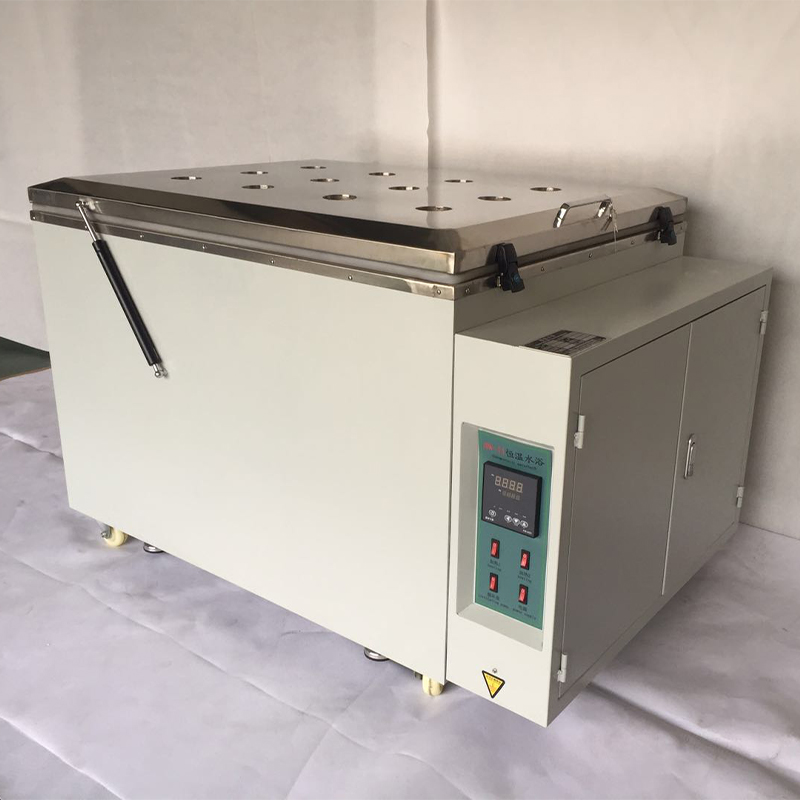Manufacturer Specializing in Advanced Optical Measurement Instruments for Precision Engineering Applications
The Importance of Optical Measuring Instruments in Precision Industries
In today's fast-paced industrial world, precision is paramount. Every component must meet stringent specifications to ensure that the final product operates flawlessly. This level of precision is where optical measuring instruments come into play. As a critical segment of the manufacturing and quality control landscape, these instruments enable manufacturers to achieve the accuracy needed in various applications ranging from aerospace to automotive and electronics.
Optical measuring instruments utilize light and optical technology to gather data about an object's physical characteristics. Unlike traditional measuring tools, these instruments can provide non-contact measurements, which are vital in preserving the integrity of delicate components. This capability makes them indispensable in many sectors, including semiconductor fabrication, where even the slightest imperfection can lead to significant operational failures.
One of the most common types of optical measuring instruments is the laser interferometer. Unlike mechanical measuring devices, laser interferometers use the wave properties of light to measure distances with exceptional precision. By analyzing the interference patterns created when laser beams are directed at a target, manufacturers can measure displacements in the nanometer range. This level of accuracy is critical for industries where precision machining and assembly are essential.
Another significant player in this field is the optical microscope, which allows for both qualitative and quantitative analysis of materials and components. Advances in optical microscopy have led to the development of high-resolution imaging techniques that can resolve features at the micro and nano scales. This capability is crucial for research and development in materials science, biology, and nanotechnology. Moreover, optical microscopy often serves as a visual tool for verifying the quality and precision of manufactured goods.
optical measuring instrument manufacturer

Coordinate Measuring Machines (CMMs) are another integral component of optical measurement technology. Modern CMMs integrate optical measurement methods, allowing for rapid and accurate inspections of complex geometries. They can measure an object’s physical geometrical characteristics by moving a probe to various points. Incorporating optical systems into these machines enhances their performance, providing manufacturers with a powerful tool for quality assurance.
Additionally, optical measuring instruments have a growing role in digital transformation within industries. The data collected through optical measurements can be integrated into smart manufacturing platforms, enabling real-time monitoring and process optimization. The insights derived from this data allow companies to identify potential issues before they escalate, thereby reducing waste and improving productivity.
Furthermore, the global optical measuring instruments market is continuously evolving, driven by advancements in technology. Manufacturers are working on developing lighter, more compact, and more user-friendly devices without sacrificing performance. Innovations such as machine learning and artificial intelligence are being integrated into optical measurement tools, paving the way for even more accurate and efficient measurement solutions.
In conclusion, optical measuring instruments are essential for ensuring precision and quality in various industries. From laser interferometers and optical microscopes to advanced coordinate measuring machines, these instruments offer the accuracy required to meet the demanding standards of modern manufacturing. As technologies continue to advance, we can expect optical measuring instruments to become even more sophisticated, playing a pivotal role in the future of manufacturing and quality assurance. The combination of precision, efficiency, and data integration positions these instruments as vital assets for any manufacturer looking to excel in today’s competitive landscape.
-
Why the Conductor Resistance Constant Temperature Measurement Machine Redefines Precision
NewsJun.20,2025
-
Reliable Testing Starts Here: Why the High Insulation Resistance Measuring Instrument Is a Must-Have
NewsJun.20,2025
-
Flexible Cable Flexing Test Equipment: The Precision Standard for Cable Durability and Performance Testing
NewsJun.20,2025
-
Digital Measurement Projector: Precision Visualization for Modern Manufacturing
NewsJun.20,2025
-
Computer Control Electronic Tensile Tester: Precision and Power for the Modern Metal Industry
NewsJun.20,2025
-
Cable Spark Tester: Your Ultimate Insulation Assurance for Wire and Cable Testing
NewsJun.20,2025
 Copyright © 2025 Hebei Fangyuan Instrument & Equipment Co.,Ltd. All Rights Reserved. Sitemap | Privacy Policy
Copyright © 2025 Hebei Fangyuan Instrument & Equipment Co.,Ltd. All Rights Reserved. Sitemap | Privacy Policy
